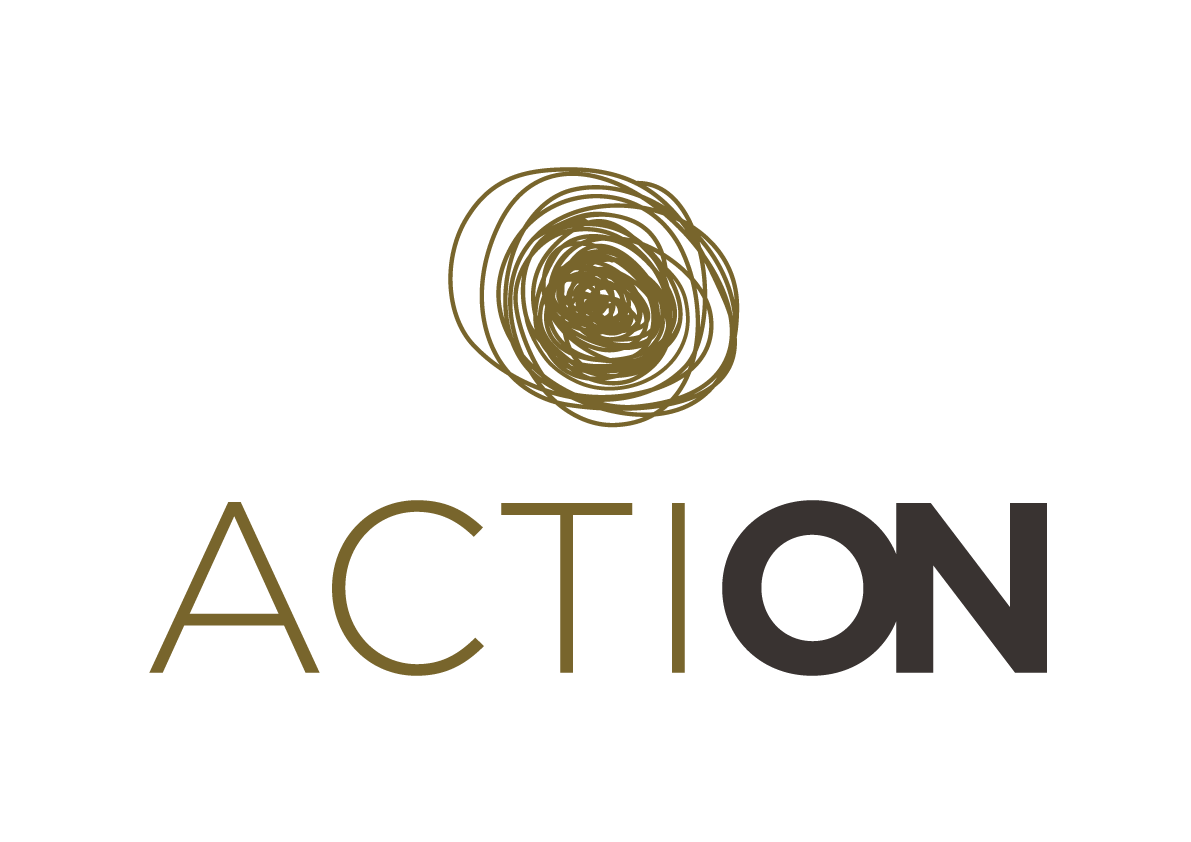By Clea Montanari & Annelli Janssen
Citizen science offers specific benefits for policy, such as environmental monitoring capacity, the increase of citizens capacity to participate and self-organize around issues, and increase the social relevance of policy.
One way in which policy can benefit from citizen science and vice versa is through data collection. This is what happened in a Dutch project from Milleudefensie. In this project, small local citizen science groups collected air quality data via palm tubes. Through this data collection, citizens have been able to increase political awareness of the topic of air quality and moreover, have engaged several public and/or political institutions. This highlights some roles that citizen science projects can have towards policy processes- they are able to bring important societal issues to light and are able to interact with governmental agencies to refine their monitoring capacity.
Citizen science projects can also lead to a better relationship between citizens and policy makers. This is what happened in another project, called Stadslab Luchtwaliteit, which started in 2014. In this project, citizen science initiatives raised awareness of air quality in Rotterdam. Their advocacy role towards policy workers, and their gained knowledge about the issue afforded them a table in policy processes, such as the Rotterdam Climate Agreement. The research conducted by Honkoop (2020) highlights that policy workers are more likely and are more willing to engage citizens in policy processes if these are more knowledgeable about the issue at hand, which is an outcome of participating in citizen science projects.
Data coming from citizen scientists are generally cost-efficient and offer spatial coverage, that is otherwise costly and hard to reach for monitoring purposes. However, data quality is a hot topic in the citizen science field, and can be a barrier for using CS data in policy processes. A way of overcoming this challenge is by working together with more established scientific institutes, which can lead to higher confidence in data quality. This good practice can be seen in the project Hollandse luchten, which was initiated in 2019 by the province of Noord-Holland and is a cross collaboration between private companies, interest/residents’s organizations, and municipalities for the monitoring and the set-up of a large monitoring network for air quality. Hollandse luchten worked with established scientific parties, to develop sensors which lead for those involved to be happily surprised about the data quality generated (Honkoop, 2020).
All in all, in the right conditions, citizen science can be beneficial for policy makers and vice versa.

